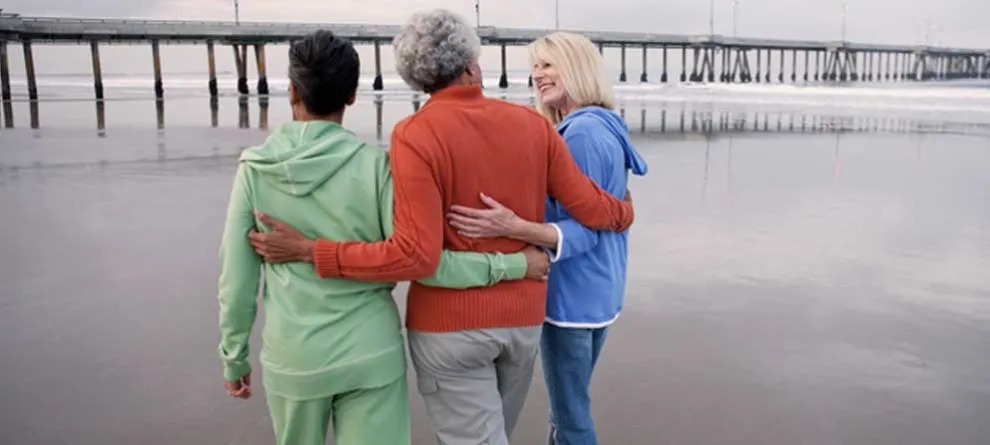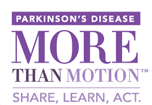
The Importance of Staying Social Offline as You Age
Whether meeting a friend for lunch or swapping stories with a neighbor, older adults who are active socially tend to be healthier and happier than those who keep to themselves.
Studies have shown that those who are more socially connected and engaged have fewer problems with heart disease, high blood pressure, depression, and even memory decline because socializing improves blood flow to the brain, which helps maintain cognitive function. One California study of women 75 years or older found that having a large social network reduced the risk of dementia by 26 percent.
Of course, seeing friends isn’t always easy, especially if you’re living with a chronic condition. “Someone might have a medical condition recurrent seizures, dementia, or has had a stroke and doesn’t want to go out because they don’t want people to see it,” says Nikesh Ardeshna, M.D., a neurologist and medical director of epilepsy services at McLaren Macomb Hospital in Mount Clemens, Mich. “Or they’re afraid they might have another stroke or seizure outside, so they stay at home, or they’re ashamed that they are too slow and don’t want to ask someone to help them because they may be viewed as a burden.”
Overcoming these fears and connecting with others, he says, is crucial, because socialization improves quality of life and decreases the likelihood of depression. “Whether it’s relatives, friends, church members, or other seniors, spending time with others gives you a support base, psychological support for faster healing or recovery,” Dr. Ardeshna adds.
A chronic condition shouldn’t mean the end of your social life. Here’s what a few experienced older Americans have to say.
“Socialize with people who face the same challenges you do,” says Babs Siegel, 79. She shadowboxes three times a week with a group of men and women who, like her, have Parkinson’s. “You can discuss the problems that you have and share the challenges that you all face.”
“Find something that’s worthwhile, and you’re going to feel better,” says Fran Lines, 77, who has rheumatoid arthritis. Lines works full-time as an administrative assistant at a nonprofit and frequently volunteers at her church. “Helping others helps me.”
“Exercise is very important. It’s a great way to socialize,” says Leon Levin, 85, who lives with Parkinson’s. Besides his daily gym workouts, Levin frequently attends the symphony with his wife and often goes out to dinner with friends. “I enjoy people, and I enjoy socializing with them.”




